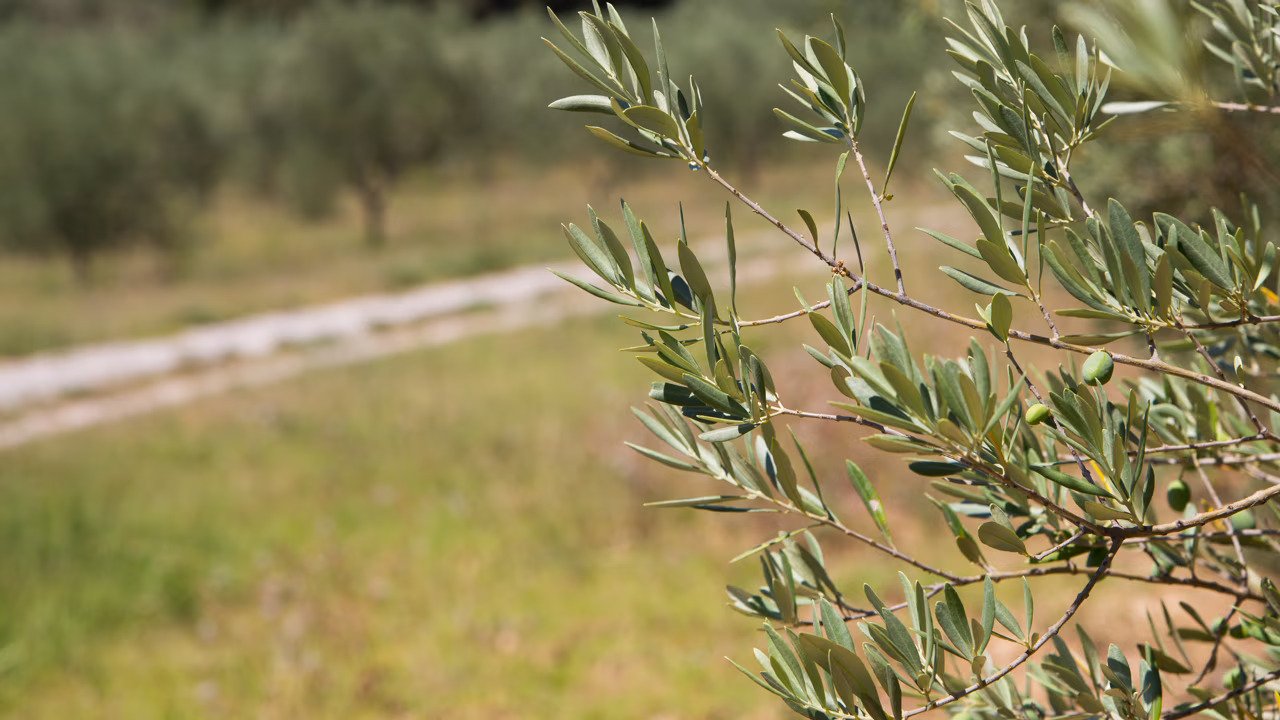In the face of climate change, the agrifood sector is under increasing pressure to reduce its carbon footprint. CinSOIL, a deeptech startup, is offering a solution to help companies achieve this goal by accurately monitoring and quantifying soil carbon sequestration.
German startup CinSOIL is developing software to help AgriFood companies decarbonise their supply chains at the farm level.
CinSOIL's solution includes an AI-based tool that uses satellite data to monitor soil carbon dynamics accurately, enabling the full potential of soil carbon sequestration.
This approach allows for cost-efficient and scalable monitoring of soil carbon storage, offering historical baseline analysis and future trajectory projections. The tool is part of a broader effort to promote carbon farming and facilitate emissions reduction in the agrifood sector.
The software supports businesses in insetting carbon emissions, which involves reducing emissions within their own supply chains rather than offsetting them elsewhere.
Additionally, CinSOIL's software aids in restoring soil health and biodiversity through regenerative agricultural practices.
I spoke to Dr Giorgi Shuradze, CEO of CinSOIL, to learn more.
The company spun out of the Innovator Fellowship programme by EIT Food in 2021, where the CinSOIL co-founders entered the program individually.
With Dr Antonella Succurro's PhD background focusing on microbiological analysis and applied data science, Dr Tavseef Mairaj Shah researching agroecology and regenerative agriculture, and Dr. Giorgi Shuradzes' experience in the business development and operations of agrifood startups, they found a way to combine their interests for high-impact, sustainable outcomes.
However, it wasn't as simple as dropping everything to go-all in on their idea. As Shuradze explained:
"It was during COVID, and we also worked full time with jobs. As adults in our 30s with families and responsibilities, it wasn't so easy to just drop everything and drop into uncertainty.
VCs do not usually invest in companies like us at that stage because they want that full-time commitment. So we focused on grants,"
In response, the company was awarded the EXIST Business Startup Grant (EXIST-Gründungsstipendium) from the German Federal Ministry of Economic Affairs and Climate Action (BMWK) with the Technical University of Munich, transitioning to full-time employees of CinSOIL last October. The company was also part of Earlybird Venture Capital's Vision Lab, a pro bono incubator and impact fund designed to support tech entrepreneurs with migrant backgrounds in Germany.
Insetting replaces Offsetting
CinSOil's approach is distinct from many carbon credit approaches because until recently, many companies primarily relied on offsetting as a method to compensate for their carbon emissions.
By investing in projects that reduce or capture GHG emissions elsewhere, like reforestation or renewable energy projects to offset, a company would "buy off" their right to continue with their old operations.
By comparison, CinSOIL is focused insetting, promoting sustainability actions within a company's own value chain and a product's supply chain.
Instead of looking elsewhere to offset emissions, insetting focuses on implementing projects that reduce or absorb GHGs directly within the company's operations or supply chain.
For the agrifood sector, this could mean investing in sustainable farming practices, reducing waste and energy consumption in processing plants, or supporting agroforestry systems where crops are grown beneath tree cover.
Insetting addresses carbon emissions and can lead to a more resilient and sustainable supply chain. It encourages companies to build better relationships with suppliers, understand their own operational impacts more deeply, and be more transparent with consumers about their sustainability efforts.
Gaining traction with industry heavy hitters
I was curious how CinSOIL was able to get agrifood companies on board.
Shuradze explained,
"We explain the not only sustainable but financial benefits of our measurement, reporting, and verification (MRV) services."
This opens up a new stream of revenue that otherwise does not exist.
Because if they want to monetise,to earn money or generate revenue from the carbon they store in the soil, they need a long-term monitoring tool that can provide data.
The agrifood companies know that this is the bottleneck that prevents carbon farming from being explored at scale.
Our platform would enable them to do these activities at a much larger scale. Some corporations are already doing such initiatives, for example, by incentivising their farmers who participate in these programs. But of course, it's at a very small scale, but the potential for scaling it up is huge."
Shuradze also shared that carbon sequestration in soil can have broad ecological benefits, especially in the southern part of Europe, such as countries around the Mediterranean or close to that region, where soil quality could be improved.
A multi-faceted approach to soil carbon sequestration
Startups and companies are mushrooming in this sector because of the policy landscape and the fact that satellite images are becoming more and more affordable.
However, in terms of competitive advantage, Shuradze noted that CinSOIL stands out for not only relying on the satellite images, but also leveraging process based models, the specialty of co-founder, Dr Antonella Succurro.
He also shared:
"And we're not just stopping at monitoring. We aim to provide a decision support system to the supply farmers to help them choose the right regional agricultural practice for their specific context that will lead to increases in the soil carbon stock."
This is supported by third co-founder Dr Tavseef Mairaj Shah, who has advised companies and institutions such as the WWF on soil microbiomes and their effects on soil health.
We all share this evidence-based scientific approach to problem-solving, which is important. We also share a commitment to sustainable food production and farming."
CinSOIL is currently in the process of fundraising and is seeking impact investors.
Image: Freepik.



Would you like to write the first comment?
Login to post comments